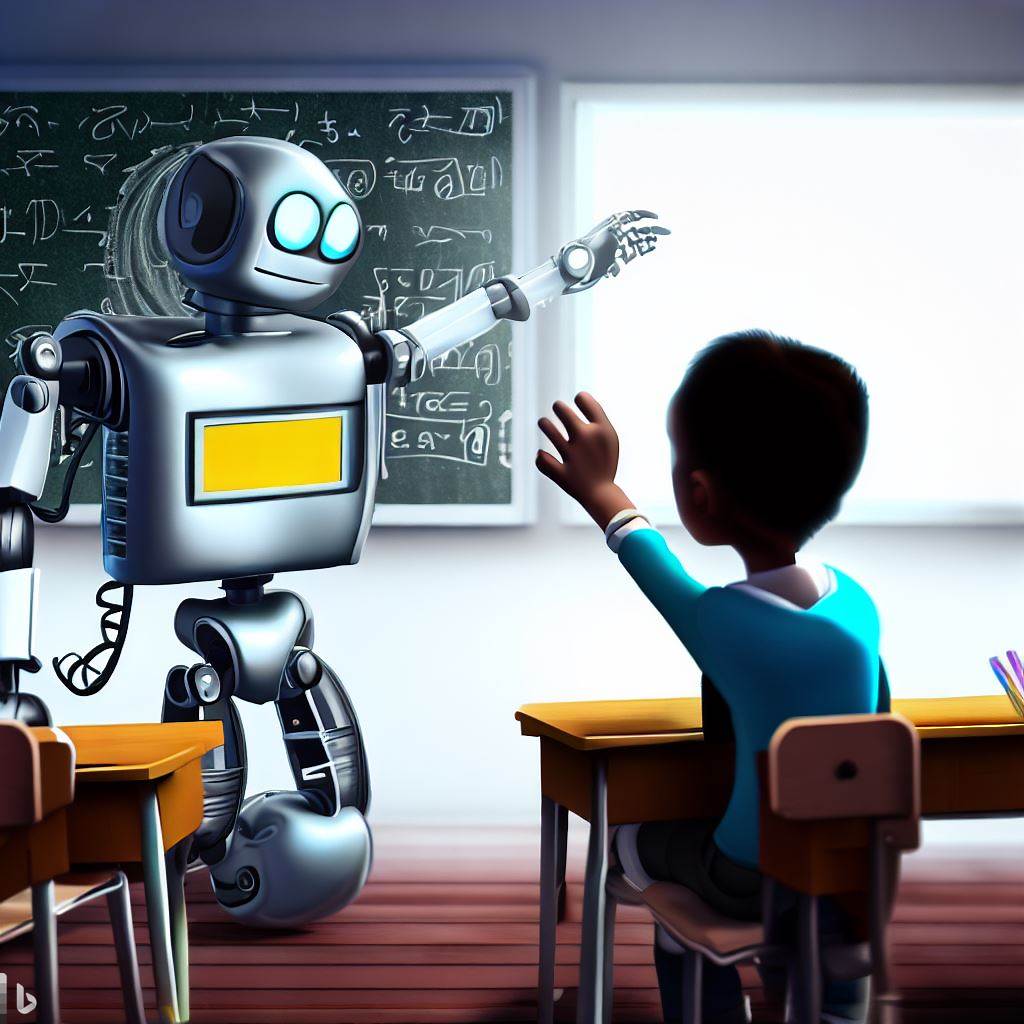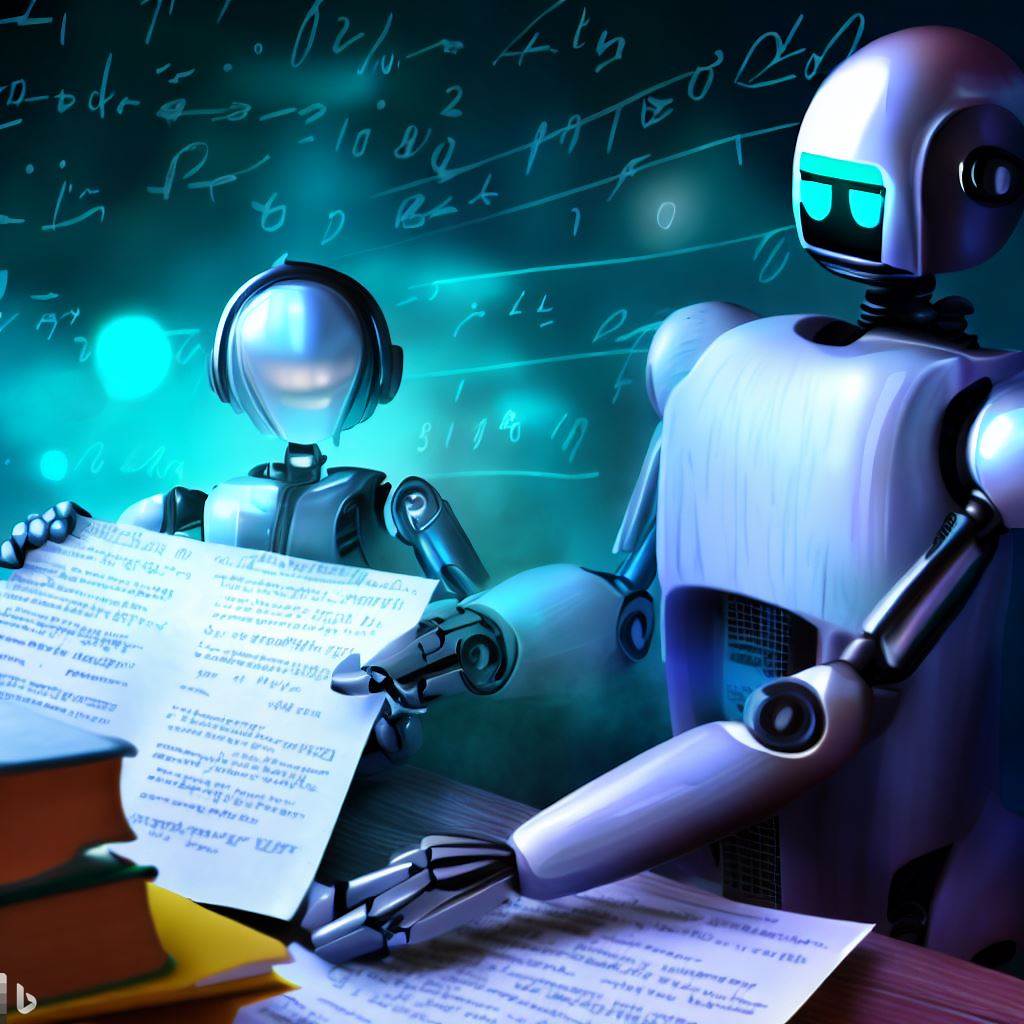
My wife was a middle school teacher for a number of years. She is a passionate educator and her passion, as it turns out, has been contagious. She and I have had many talks about education. We have also had many talks about AI. It’s only natural that we began talking about how AI will affect education.
There’s a lot of FUD (fear, uncertainty, and doubt) surrounding AI and education. Many people are concerned about students using tools like ChatGPT for cheating. Students are crafty and they lead busy lives. They value their own entertainment above most things. This is ok. They are kids. If there’s an easy way for them to take a shortcut and get back to their video games sooner, you better believe they are going to take it!
Cheating is a valid concern. And it’s a good reason to learn more about AI. There’s no putting the proverbial genie back in the bottle.
Choose The Right AI-Powered Tools For Students

Give a student direct access to ChatGPT, and they may not be able to resist the urge to cheat. That particular AI tool will happily give them the answer to any question they ask. ChatGPT is a very general tool that can be used by just about anyone for any purpose. That’s a pretty rare and possibly unprecedented type of tool! It’s like the ultimate digital Swiss Army Knife.
My goal is to create tools that are intended for use by students. Tools that will not simply give them the answer, even if they ask for it. Tools that are designed to encourage learning without enabling cheating.
These tools may function similarly to ChatGPT, employing in some cases a similar chat interface. These tools may also be powered by the same underlying technology, but they are engineered to foster a love of learning.